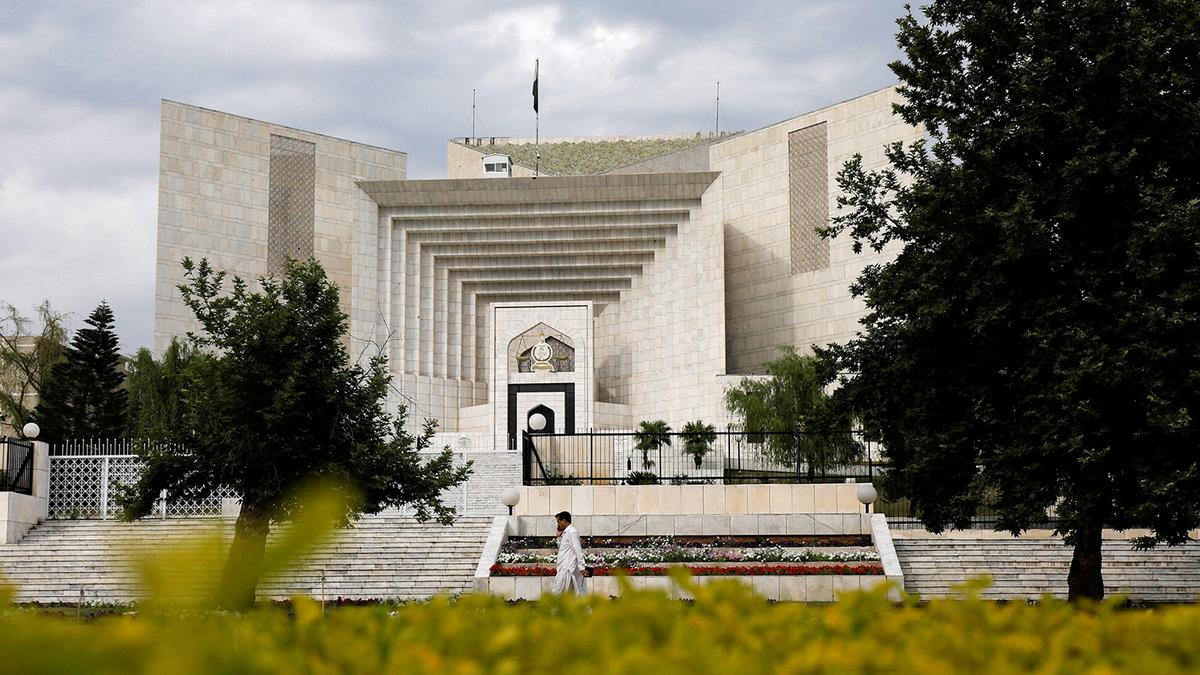
Pakistan Supreme Court raps Parliament, says it cannot backdate laws if they affect people’s rights
The Hindu
Supreme Court ruling restricts government from making laws against fundamental rights, impacting PTI's parliamentary majority.
In a blow to the Pakistan government, the Supreme Court ruled that national or provincial assemblies cannot make prospective or retrospective laws which are against fundamental rights guaranteed in the Constitution.
The observations from Justice Syed Mansoor Ali Shah come within days after Speaker National Assembly Ayaz Sadiq sent a letter to the Election Commission of Pakistan (ECP) to retrospectively implement a change made by Parliament in the elections laws to restrict independently elected lawmakers from joining any political party.
Justice Shah was heading a three-judge bench, which heard a set of appeals challenging the amendments made in 2019 to Section 65B of the Income Tax Ordinance (ITO), 2001.
Dawn newspaper reported that Justice Shah in the judgement wrote that Article 8 of the Constitution restricted the legislative powers of parliament and provincial assemblies by stopping them from making any law that affects the constitutional rights of people.
Neither parliament nor the provincial assemblies could exercise their legislative powers in a manner prohibited by this article.
Justice Shah said that prohibition also applies equally to both prospective and retrospective laws.
Retrospective laws look back in time, changing the rules for things that happened before the laws were made. Prospective laws, on the other hand, are like road signs for the future – they tell us how to behave ahead of time.













